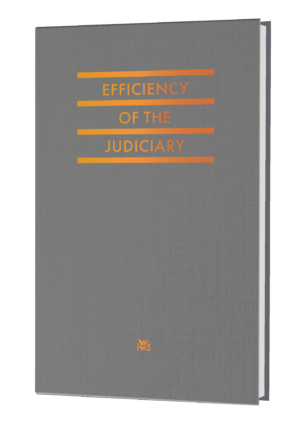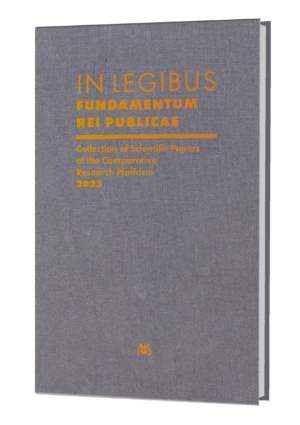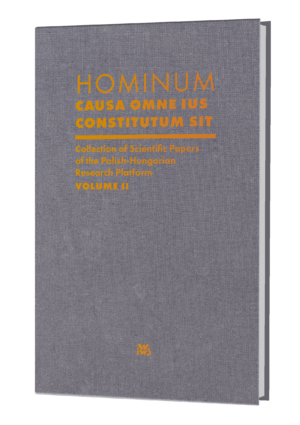History is no longer the exclusive domain of historians, but is now often used as a tool for politics. It is not without reason that the term “state historical policy” has been coined, which must be a kind of aberration for those who believed that the role of history is to objectively determine the course of events. The fact is, however, that the distortion of historical facts, the concealment of crimes is now part of the “information war”. Therefore, new acts of public international law, EU law and national law are introduced in order to combat public condonation, denial or gross trivialisation of the core international crimes which are certain forms and expressions of racism and xenophobia. States have to determine for themselves how they understand “denial” or “gross trivialization”, which may lead to abuse. In many cases, when introducing criminal law provisions, States wish to decree historical truth, to establish once and for all the general facts and determine who was the victim, and who was the perpetrator. This does not have to be the result of bad will, but of a desire to exclude the possibility of nuance, which could turn into dangerous trivialisation. The aim of this publication is to specify the reasons for holding accountable for denial of international crimes, indicate legal obligations in this respect, look at the Polish case, both in terms of criminal provisions (partly repealed) and standards of a civil law nature, and compare the Polish regulation with the legal systems of other states, which were chosen because of the region (Central and Eastern Europe) or due to having current problems with denial of crimes or doubts about prosecution on this account.











